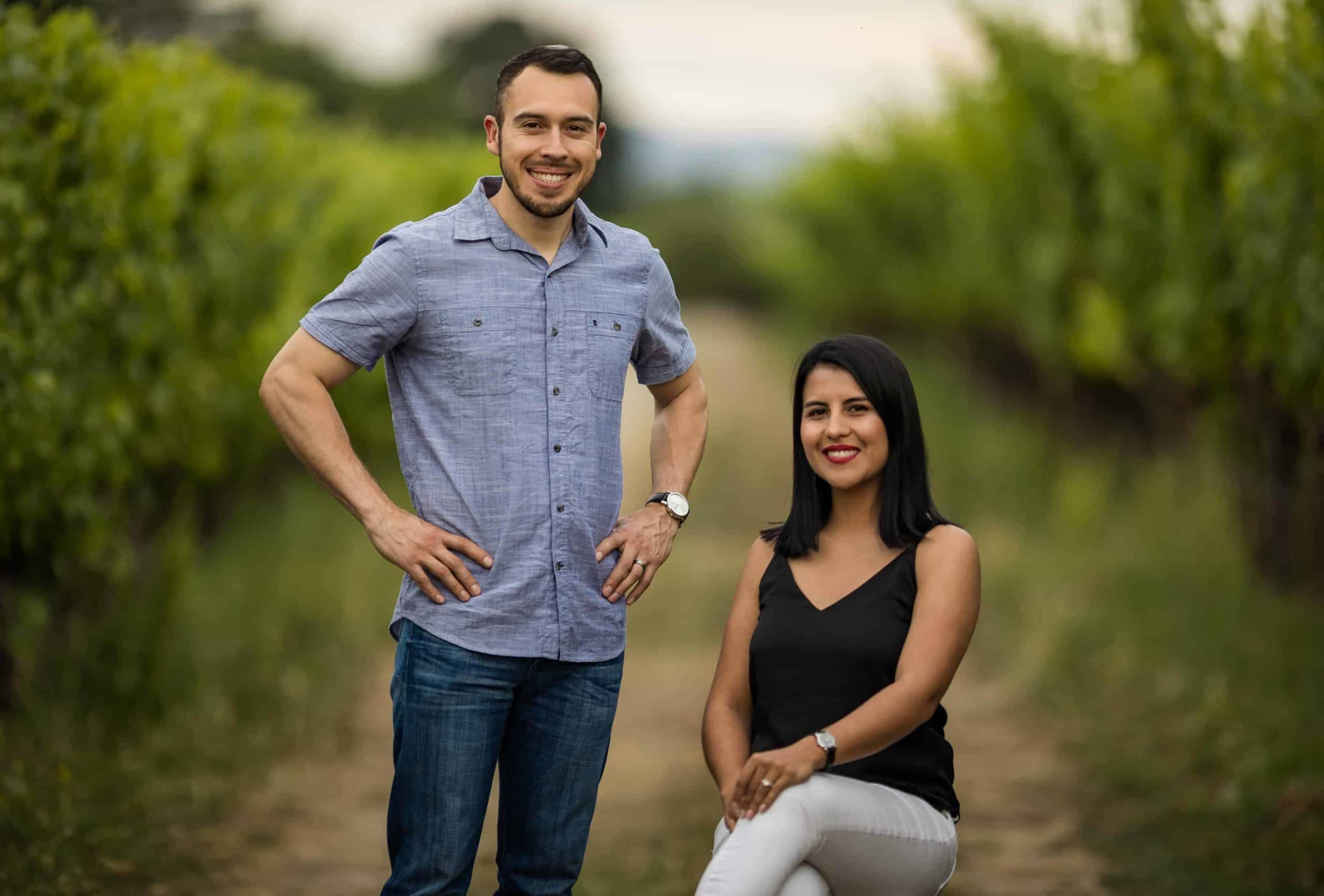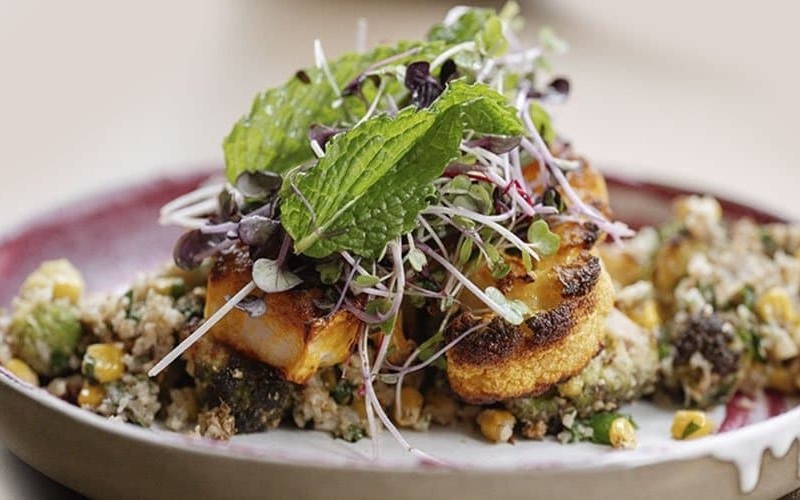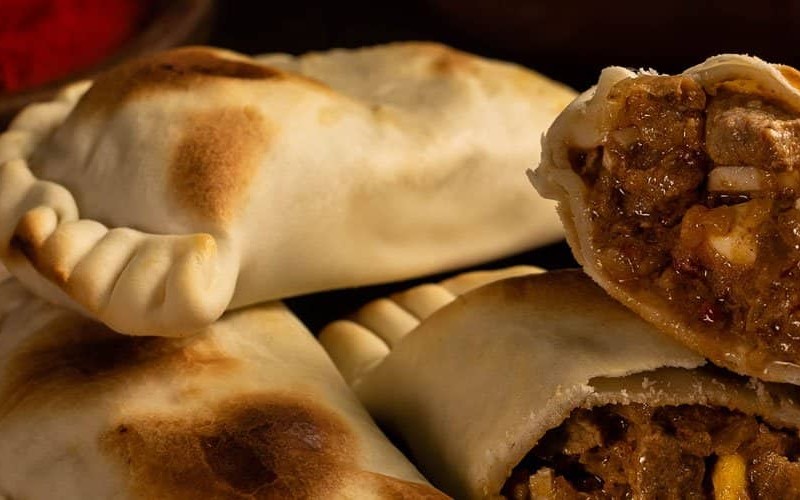These Latino Family-Owned Vineyards Are the Hidden Gems of the Wine Industry
These Latine family-owned and operated wineries have amazing stories to tell, from traditions passed on from generation to generation to their wines being toasted at the White House.

The history of winemaking in the United States dates back centuries. The industry took root in California during the Gold Rush in the mid-1800s, later spreading to other regions. It was largely a Euro-American affair – mostly Italian and French immigrants brought their winemaking skills to the country. However, it was the 1960s and 70s that marked a significant shift in the U.S. wine scene, ushering in an era known as the “wine revolution.” Fast forward to the present day, and we’re witnessing yet another incredible revolution – the rise of Latine-owned vineyards.
Latinos have long been involved in the wine industry, but largely behind the scenes. Now, they’re stepping into the spotlight and bringing their unique flavors and rich cultural heritage to the table. The inclusion of these diverse voices leads to innovative styles and a richer wine landscape. And let’s be honest – we all win when there are more delicious wines to choose from. So without further ado, let’s dive into these Latine-owned vineyards worth taking a trip to!
Mi Sueño Winery
A beautiful winery called “my dream” – and boy, did Rolando Herrera chase his dream. He went from doing odd jobs at wineries to being hired by Warren Winarski, the founder of Stag’s Leap Wine Cellars. With each new experience, Rolando seized the opportunity to expand his knowledge, combining his strong work ethic with a deep passion for farming and wine.
Today, Rolando and Lorena Herrera are at the helm of the operation, proudly running Mi Sueño Winery. Their remarkable efforts result in the production of over 5,000 cases of wine annually. And get this: their incredible Los Carneros Chardonnay made it all the way to the White House! President George W. Bush personally chose their wine to be served at a state dinner in honor of President Vicente Fox of Mexico. I mean, how often does a vineyard owner’s dream get toasted at a White House party? It’s truly the stuff of dreams!
Visit Mi Sueño Winery at 910 Enterprise Way Suite M, Napa, CA 94558, and don’t forget to follow them on Instagram!
Fathia Wines

If you’re into single-varietal and naturally fermented wines, Fathia Wines is where it’s at. Run by Pedro and Jenny Rodriguez. A family-owned & operated boutique winery, this vineyard represents the legacy of first-generation Mexican-American vintners. They prove that winemaking isn’t just a business – it’s an art form.
Pedro’s passion for winemaking was sparked years ago when he worked in the industry during bottling season. Over a decade later, after a pivotal family gathering where he heard about his family’s work experiences in the vineyards, he knew it was time to return to his true calling. With a commitment to excellence and a vision of creating his own label, Pedro’s journey led him to acquire Fathia Wines, where he and Jenny continued to carry the torch for first-generation Mexican-American Vintners in California.
Visit Fathia Wines at Glen Ellen, CA 95442, and keep up with Pedro and Jenny at @fathiawines.
Madrigal Family Winery
From humble beginnings and rooted in the dreams of an immigrant family, the Madrigal Family Winery has grown into a respected pillar in the Napa Valley winemaking scene. Originating from a lineage of vineyard farmers dating back to the 1930s, the Madrigal family history is steeped in resilience, dedication, and deep respect for the land.
Led by Chris Madrigal, who pursued his wine-making dreams after a stint as a union carpenter, the winery became a reality while he juggled responsibilities at the family’s vineyard management company. Today, the family manages over 800 acres of vineyards, while their own winery produces less than 10,000 cases annually, featuring notable varietals such as Napa Valley, Las Vinas and Atlas Peak Cabernet Sauvignons, Petite Sirah, and a distinctive red blend named Sonnet #63.
Visit Madrigal Family Winery at 3718 N. St. Helena Hwy Calistoga, CA 94515, and make sure to follow them at @madrigalfamilywinery!
Herencia del Valle
When Angelica and Guillermo founded Herencia Del Valle, they had one goal in mind – to honor the efforts of immigrant families. Being children of Mexican immigrants themselves, they put their hearts into making wines that reflect their heritage.
Together, Angelica and Guillermo founded Heritage Vineyard Management, a viticultural company that now oversees over 800 acres of premier vineyards in Northern California. In 2012, they took a bold step forward and launched Herencia Del Valle, their own winemaking venture. With access to the finest grapes from the vineyards they manage and the expertise of local winemaker Charles Keller, they produce around 200 cases of luxury wine annually.
Learn more about their story here; visit Herencia del Valle at 4060 Monticello Rd, Napa, CA. 94559 and stay updated on their latest adventures at @herenciawines.
Robledo Family Winery
Robledo Family Winery is a testament to the enduring legacy of the Robledo family, who, for four generations, have dedicated their lives to the art and business of viticulture. With a rich history of farming in Mexico, Luis Robledo and his sons arrived in America in 1942 as part of the Braceros guest workers program.
Fast forward a few decades, and the Robledo family now owns vineyards in Napa, Lake, and Sonoma Counties. Under the leadership of the younger generation, Robledo Family Winery upholds the family’s commitment to culture, craftsmanship, and producing outstanding wines. If you’re a fan of Merlot Cabernet Sauvignon, Petite Syrah, or Port, this vineyard is definitely worth a visit. Talk about turning dreams into reality!
Learn all about the Robledos’ rich family history on their website; visit their vineyard at 21901 Bonness Rd, Sonoma, CA. And you can keep up with the Robledos on Facebook.
So the next time you sip on a glass of wine, remember the stories behind the labels – they’re just as rich and intriguing as the wines themselves. Cheers!




